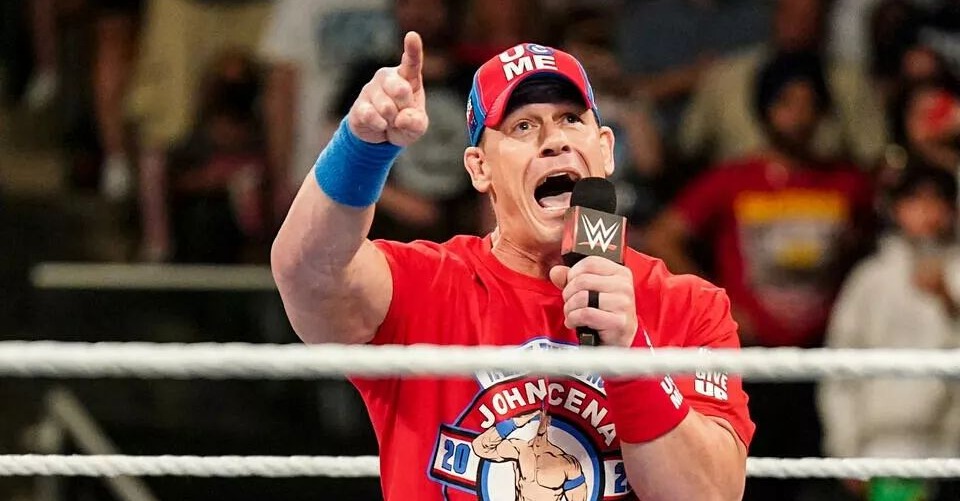Amid dubious TikTok life hacks and shady influencers, bankers are generally people I can trust to give solid advice, says Shawn Niehaus, head of consumer banking for Fifth Third Bank. Simply by walking into a branch, I know that I'm getting expert, well-vetted guidance on my financial goals.
Sure, I could seek that out online, but people prefer to talk to people, especially when it comes to the intimate topic of money. Plus, Aron Levine, co-head of consumer banking and president of preferred banking for Bank of America, points out that it can be easier to navigate complex financial situations like planning out retirement savings IRL.
"Clients want to come into our financial centers for a conversation about their finances, especially when it concerns a larger purchase, like a car or a home, or when they want to set up a savings plan for their child’s college education, for example," Levine says.
As evidenced by my grandma anecdote, this is a generational trend, for sure.
While 60% of millennials (born between 1981 and 1996) most frequently use mobile banking apps, just 4% said they bank at branches in a 2023 survey from the American Bankers Association. On the other hand, 31% of baby boomers (born between 1946 and 1964) opt for mobile banking most often, with 16% saying they visit branches.
"Historically, clients would visit financial centers for daily transactions — depositing checks, moving money, paying bills. Today, clients more often are choosing to complete these activities via digital channels," Levine adds. "Our business has shifted from a transactional model to one based on relationship."
Building relationships with folks of all ages is key for banks these days. In fact, Niehaus says Fifth Third has been redesigning its branches to feel more casual. Gone are the days of awkward teller windows and stiff chairs where I have to sit across a desk from a stuffy dude in a suit. Banks are now more focused on providing couches, big-screen TVs and coffee bars where I can hang out with a banker side by side.
It's about the vibes, and about the idea that a long-term relationship with a specific banker at a specific place can benefit me as I progress through life.
And while I have the privilege of preferring to bank on my phone, that access can be crucial for folks in underserved communities, where low-income residents have to rely on alternative financial products that charge high fees and dig them into debt.
"Developing these relationships with a banker in a branch can really be the stepping stone for someone who is underbanked moving into having or improving their credit score, which would, in turn, allow them to take out a loan for a car or even a house further down the relationship," Nelson says.






